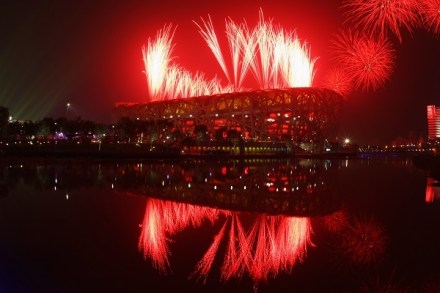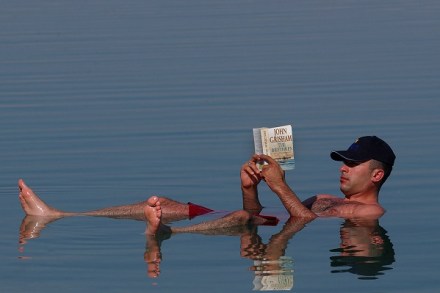The Wit and Wisdom of Boris Johnson, edited by Harry Mount – review
More from BooksIt’s just a guess, but I suspect that the mere sight of this book would make David Cameron gnash his tiny, perfect dolphin teeth until his gums began to bleed. What on earth can he do about Boris Johnson? What can any of us do? There’s something inexorable — irresistible even — about his progress,


















